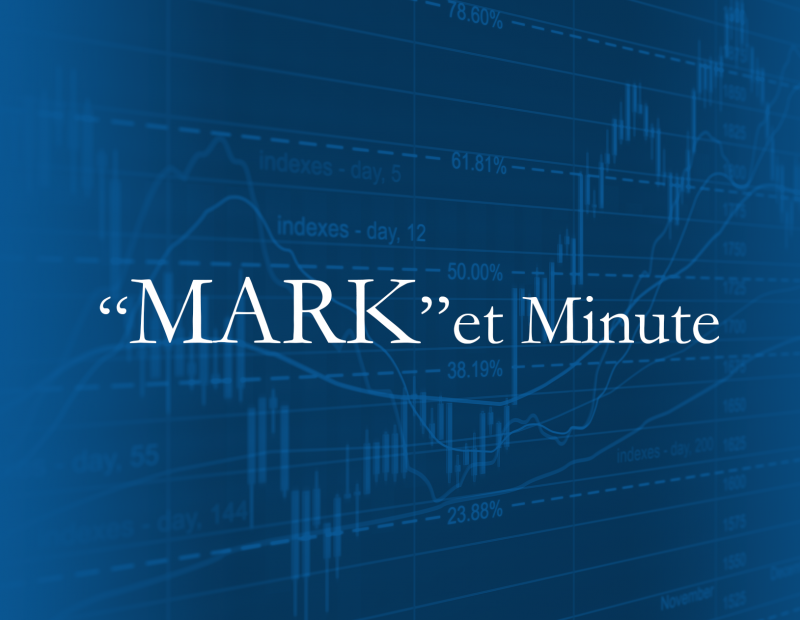Investment Commentary –March 16th, 2022
Year to Date Market Indices as of March 16th, 2022
• Dow 33,427 (-6.68%)
• S&P 4,253 (-9.6%)
• NASDAQ 13,449 (-16.42%)
• Barclay Bond Aggregate (-5.71%)
• Fed Funds Rate 0-0.25 (0-0.25) Next decision March 15th
• Annual Inflation Rate 8.9% (As of March 22)
Warren Buffett’s Preferred Equity Allocation Is 100%. Why the Berkshire CEO Hates Bonds.
Warren Buffett’s preferred equity allocation is 100%, and he has adopted that strategy both personally and at Berkshire Hathaway in a way that is radically different from other companies in the insurance business.
Buffett dislikes bonds, and that is apparent in the tiny fixed-income weighting in the company’s insurance investment portfolio.
The Berkshire Hathaway (ticker: BRK.A, BRK.B) CEO wrote in his annual shareholder letter that his penchant for stocks goes back a long way. He made his first investment in March 1942 at age 11, purchasing $114.75 of Cities Services preferred stock, which amounted to all his savings.
At the time, the Dow Jones Industrial Average closed at 99, “a fact that should scream at you. Never bet against America,” Buffett wrote. The Dow is now close to 34,000.
“After my initial plunge, I always kept at least 80% of my net worth in equities. My favored status throughout that period was 100%—and still is,” Buffett wrote. He has noted in Berkshire’s “owner’s manual” that he has over 98% of his net worth in Berkshire stock.
Buffett wrote in the manual that he’s comfortable with his “eggs-in-one-basket” investment in Berkshire “because Berkshire itself owns a wide variety of truly extraordinary businesses.”
Oil prices turn lower giving up overnight gains
Benchmark U.S. crude slipped 94 cents to $95.40 a barrel in electronic trading on the New York Mercantile Exchange.
A barrel of U.S. crude dropped 6.4% to settle at $96.44 on Tuesday. It had briefly topped $130 last week when worries about disruptions to supplies because of the war in Ukraine were at their height.
Prices have been pressured by concerns of slowing China demand, as the second-largest oil consumer imposes stringent measures to contain the spread of COVID-19, according to Reuters.
Preliminary data from the American Petroleum Institute showed that U.S. crude inventories rose by 3.8 million barrels for the prior week.
News Around The web:
Fed liftoff: With inflation surging at a 7.9% annual rate, U.S. Federal Reserve policymakers are widely expected to begin lifting interest rates when they conclude a two-day meeting on Wednesday. Federal Chair Jerome Powell told Congress earlier this month that he was strongly inclined to support a quarter-percentage-point rate increase, rather than the half-point jump that some have supported for the upcoming meeting.
Oil’s bumpy ride: After closing around $115 per barrel the previous week, the price of U.S. crude oil surged as high as $130 early in the week as the United States announced a ban on Russian oil imports and Russia continued its invasion of Ukraine. The price subsequently fell to around $109 on Friday—still unusually high, given that oil traded as low as $66 less than four months ago.
https://www.jhinvestments.com/weekly-market-recap
https://www.blackrock.com/sg/en/insights/why-rising-rates-wont-derail-stocks
https://www.cnbc.com/2022/01/10/jamie-dimon-sees-the-best-economic-growth-in-decades-more-than-4-fed-rate-hikes-this-year.html
https://www.cnbc.com/2022/03/02/fed-chair-powell-notes-highly-uncertain-ukraine-impact-but-says-rate-hikes-are-still-coming.
https://www.barrons.com/articles/warren-buffetts-preferred-equity-allocation-is-100-why-the-berkshire-ceo-hates-bonds-51646062775
https://www.cnbc.com/ (indices)

